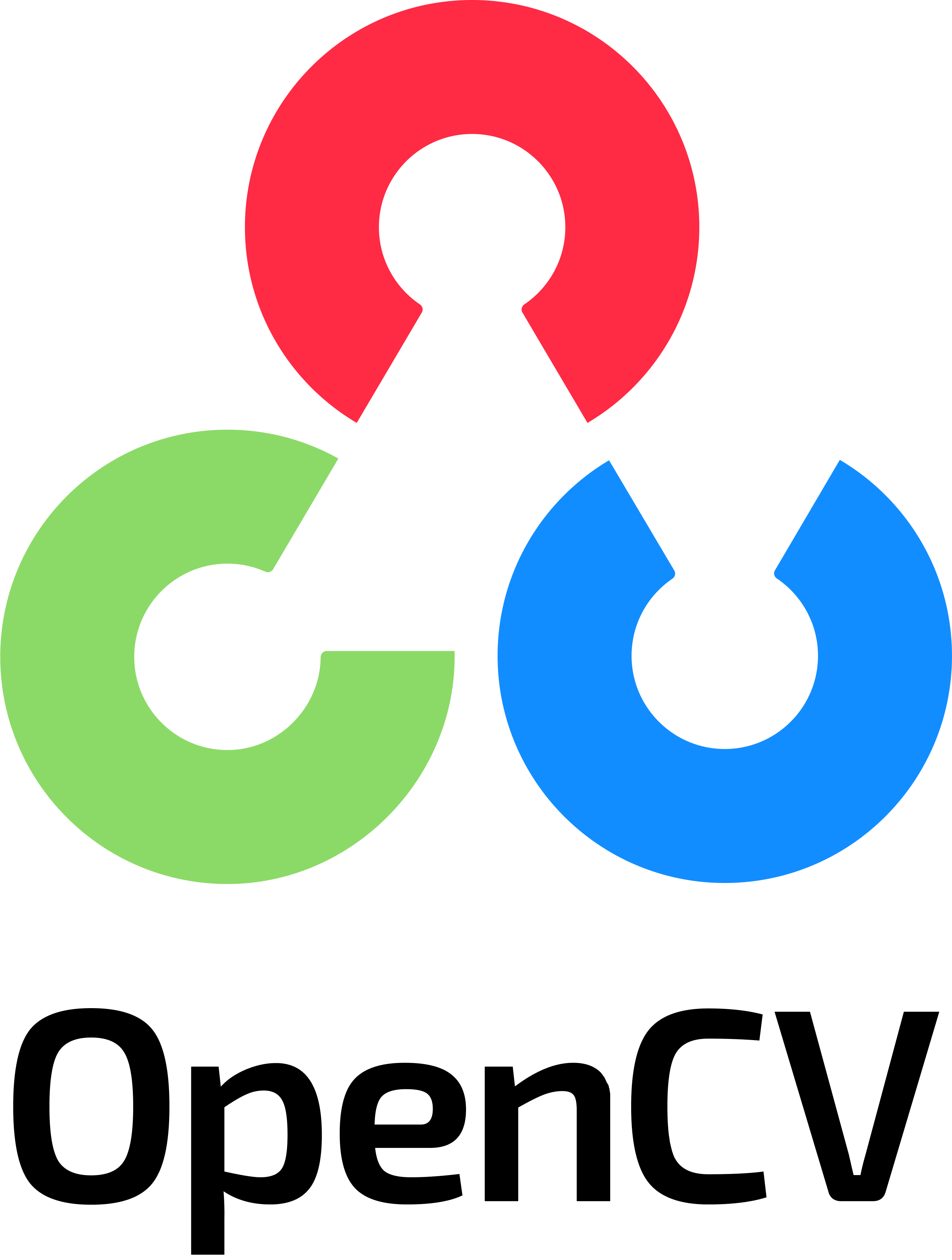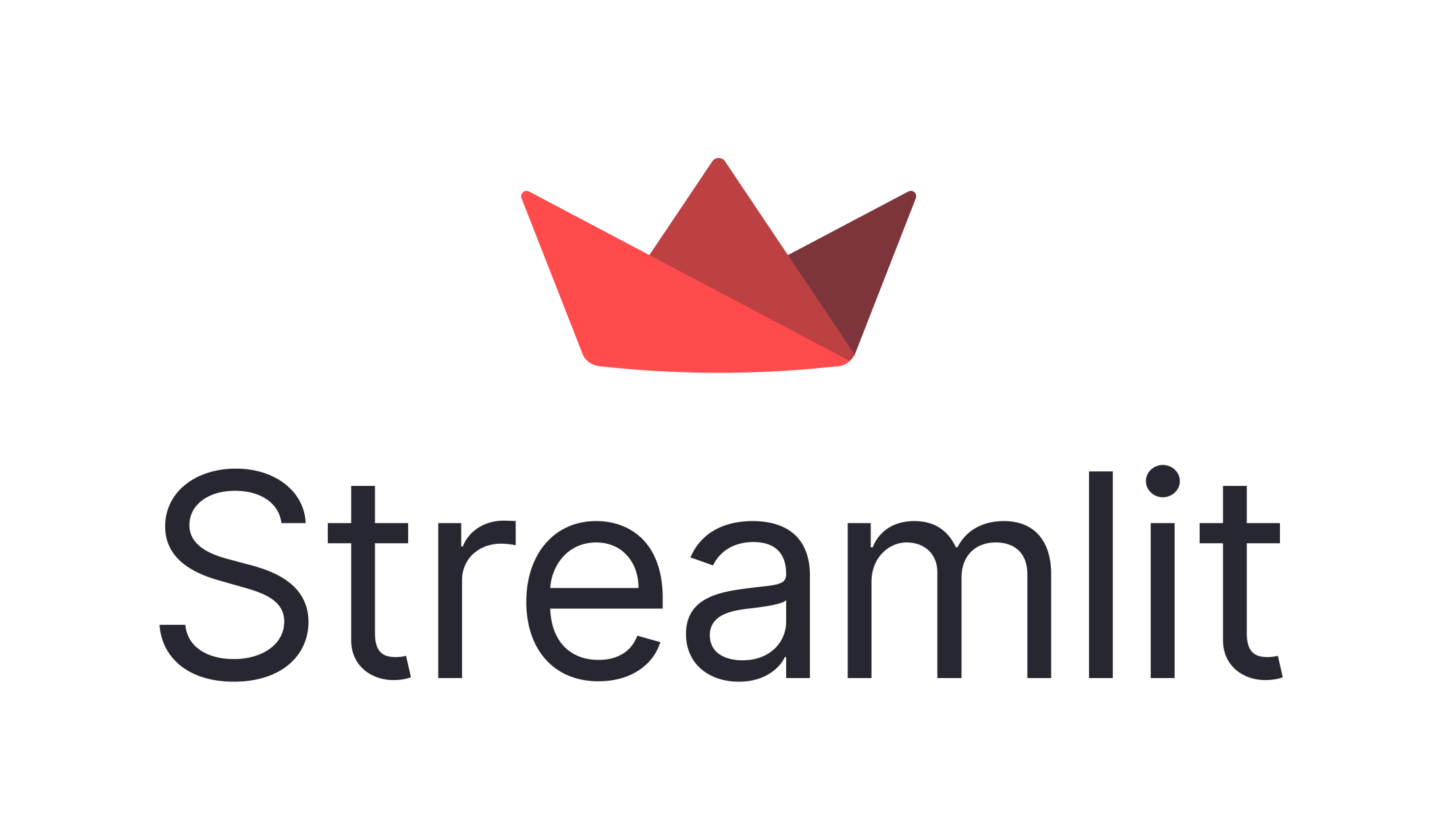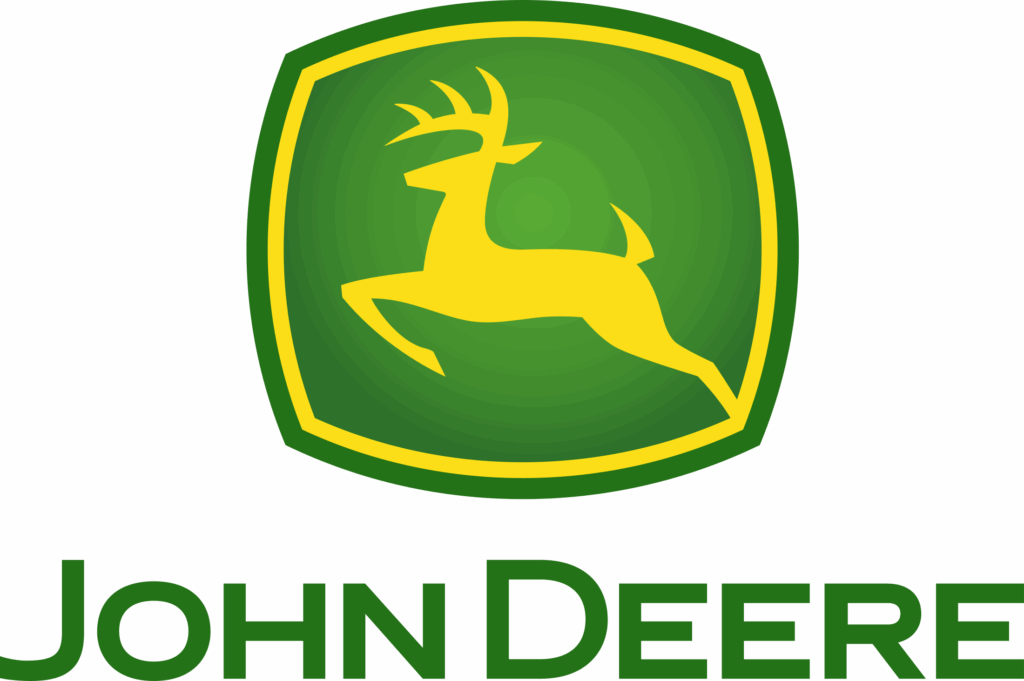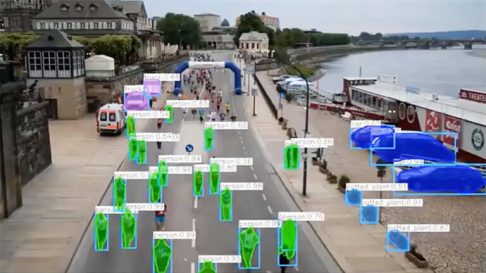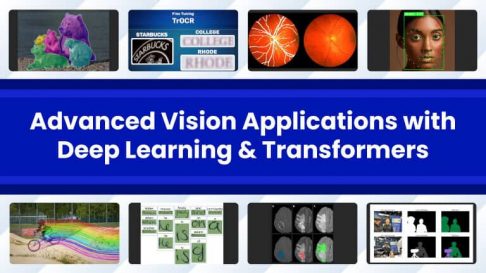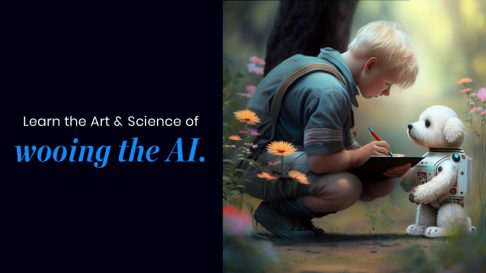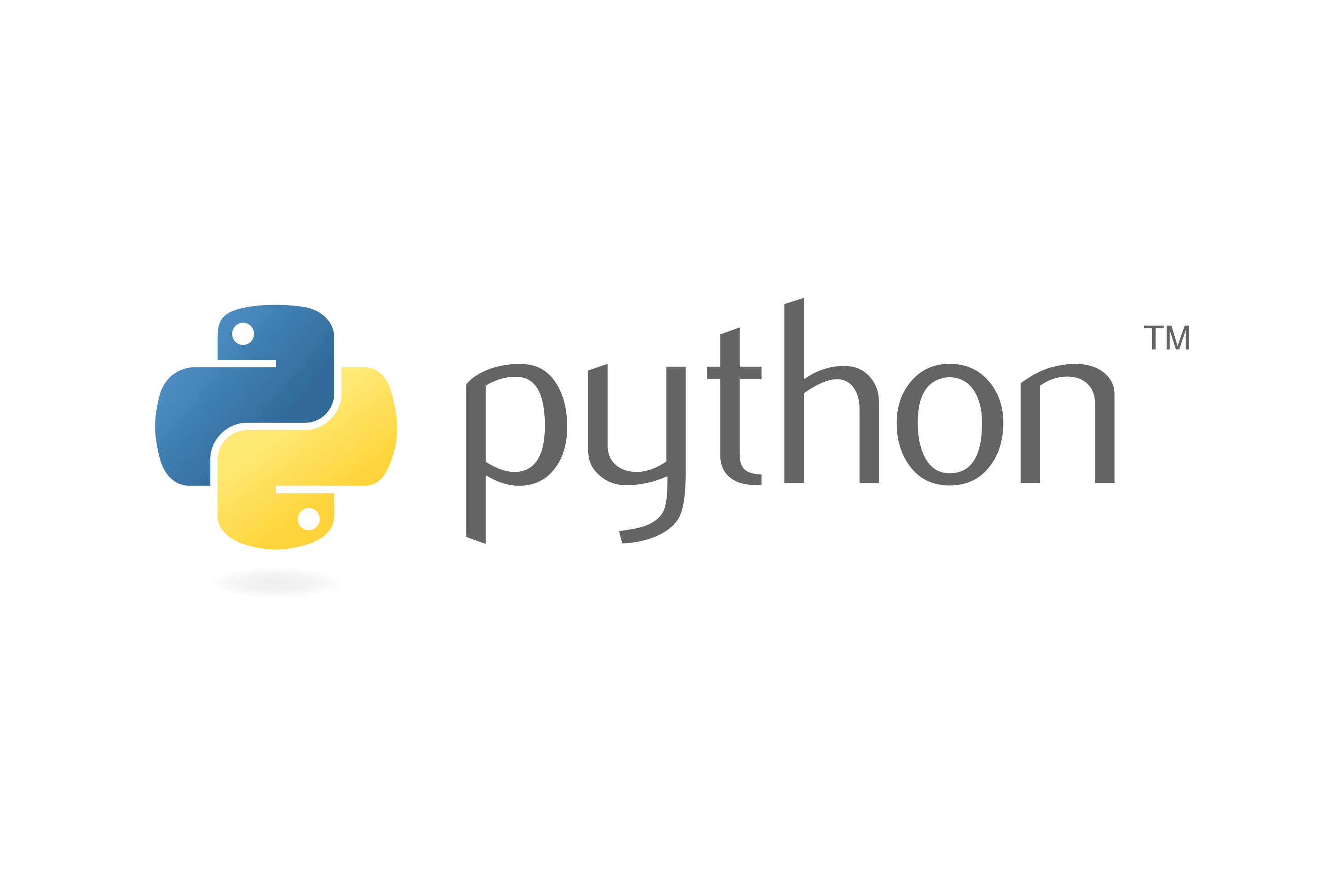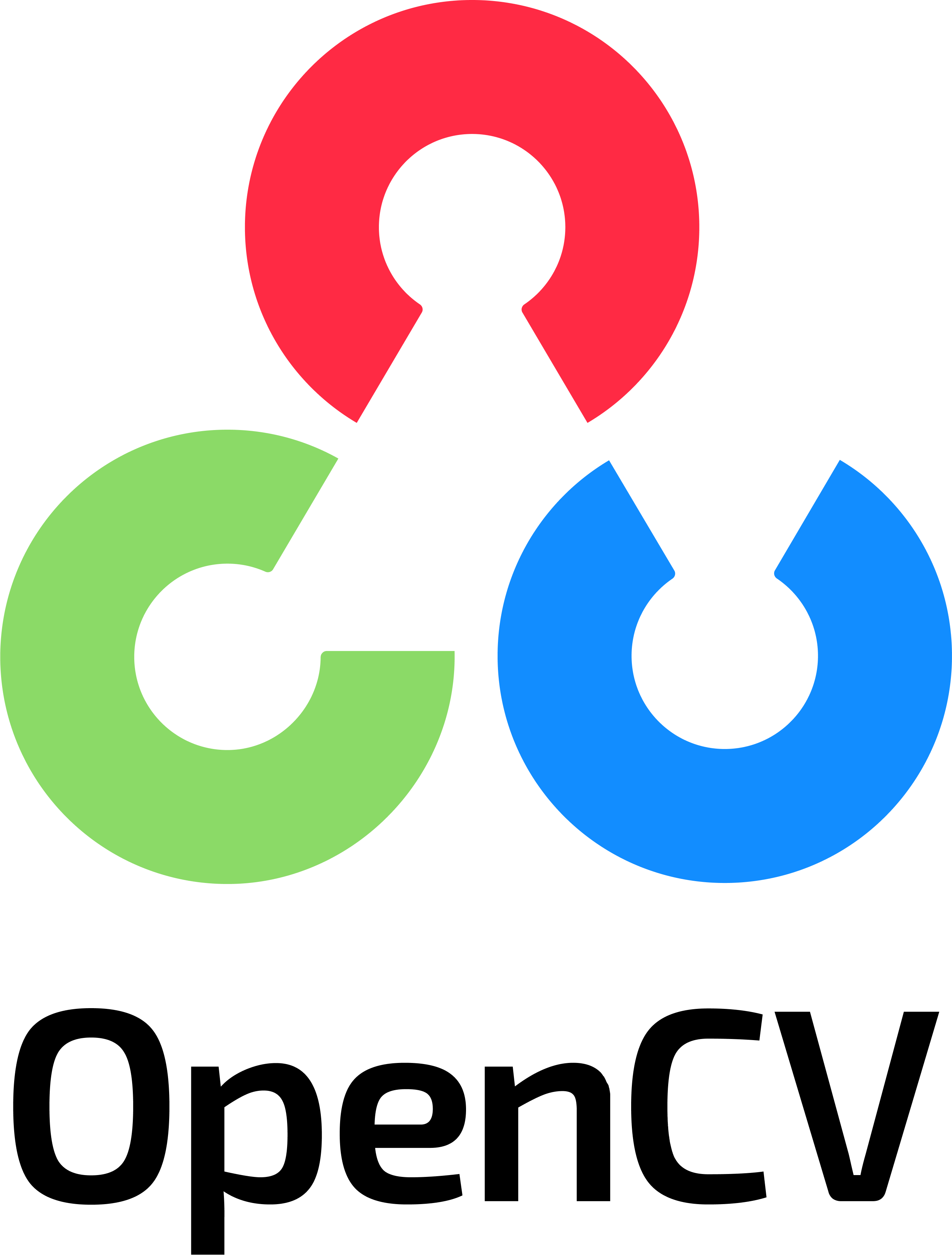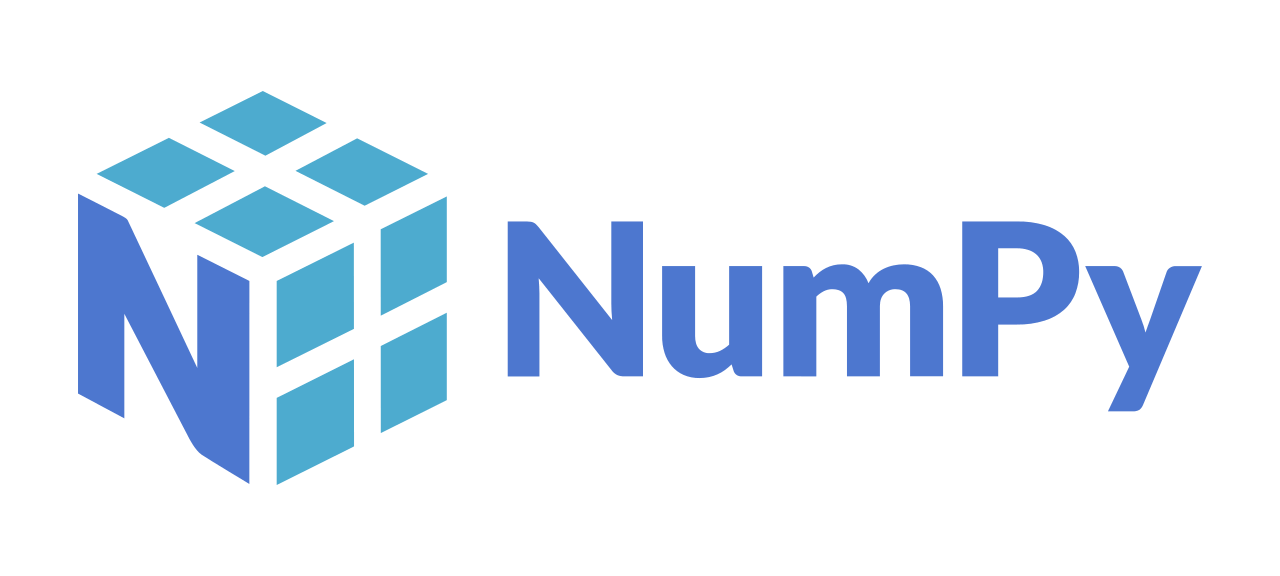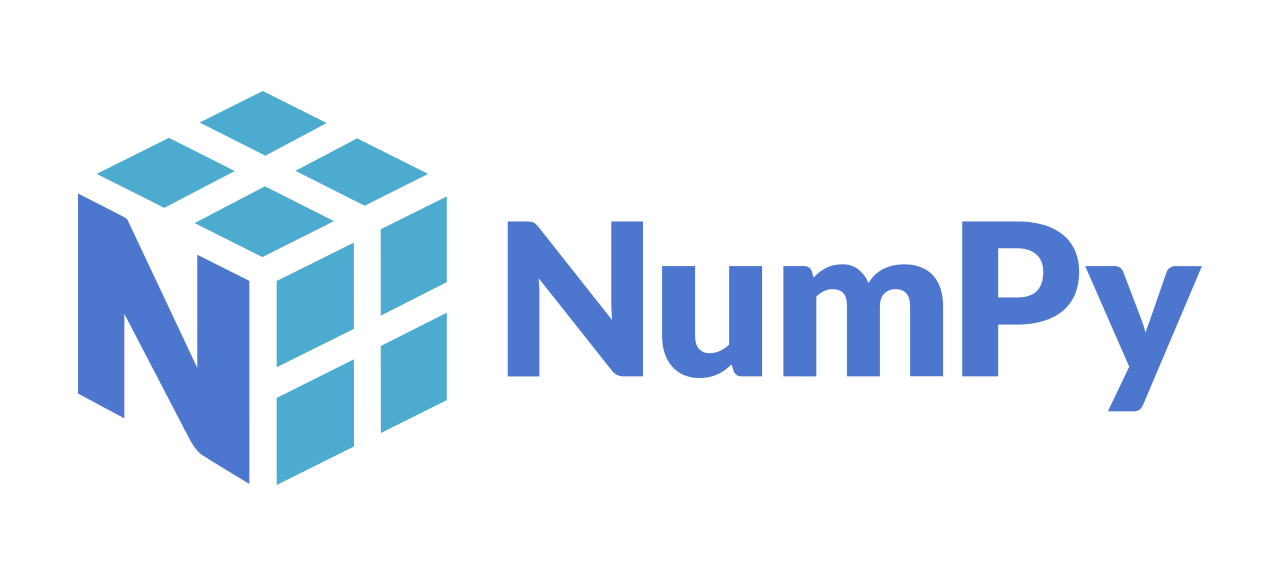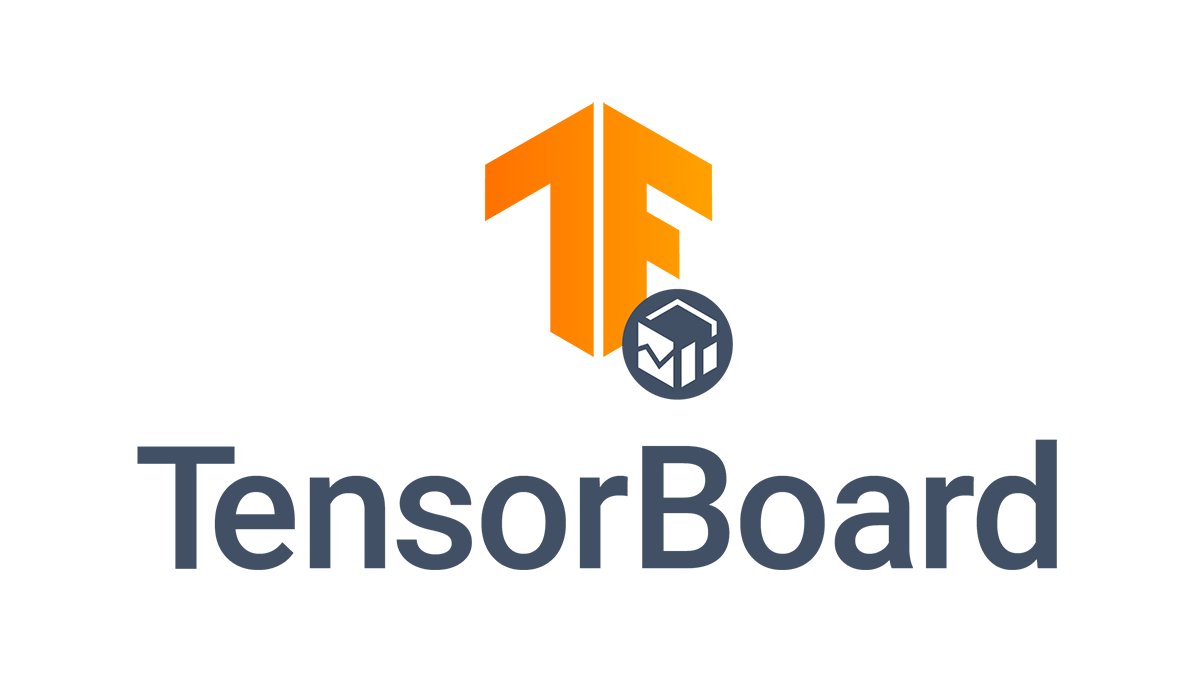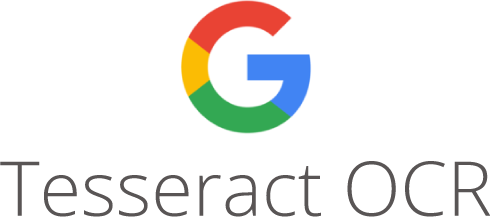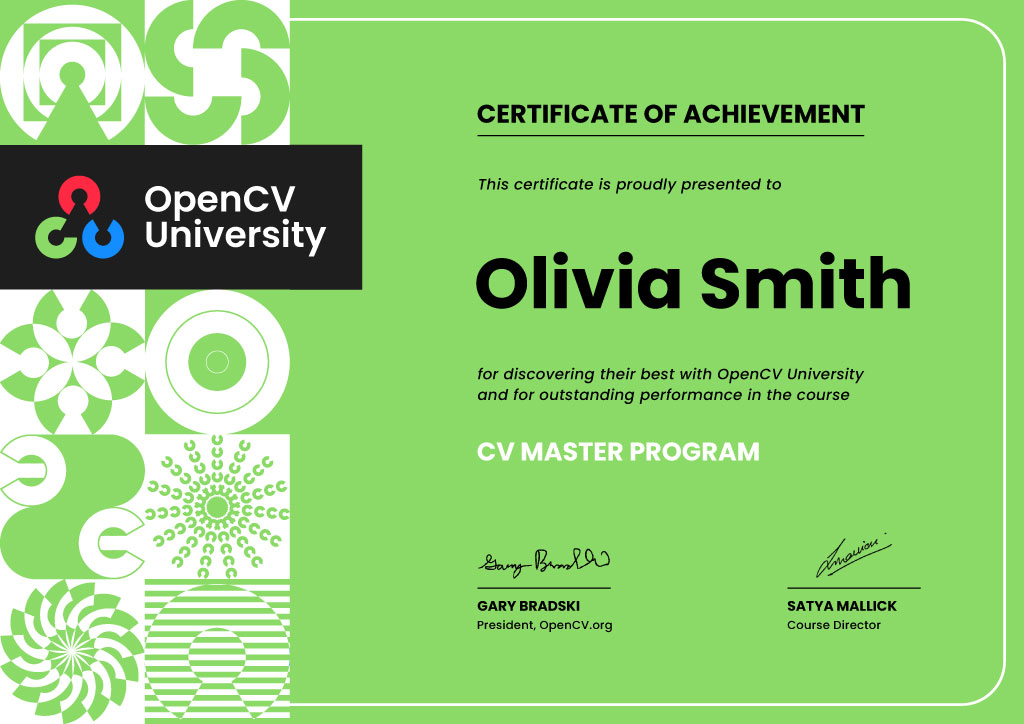MOCV
Mastering OpenCV
with Python
Start your AI journey by learning the fundamentals of Image Processing and Computer Vision through 21 modules, video instructions, code explanations, and example applications.
WHAT WILL YOU LEARN?
- Basic Image Operations
- Image Analysis & Enhancement Techniques
- Image Registration, Homography & Feature Matching
- Face Detection & Landmarks Detection With OpenCV DNN
- Object Detection, Text Detection & OCR
- Super Resolution and Computational Photography In Images
- Human Pose Estimation & Person Segmentation Using MediaPipe
- Deploy Web Apps On AWS, GCP & Azure Using Streamlit
Tool Kit

